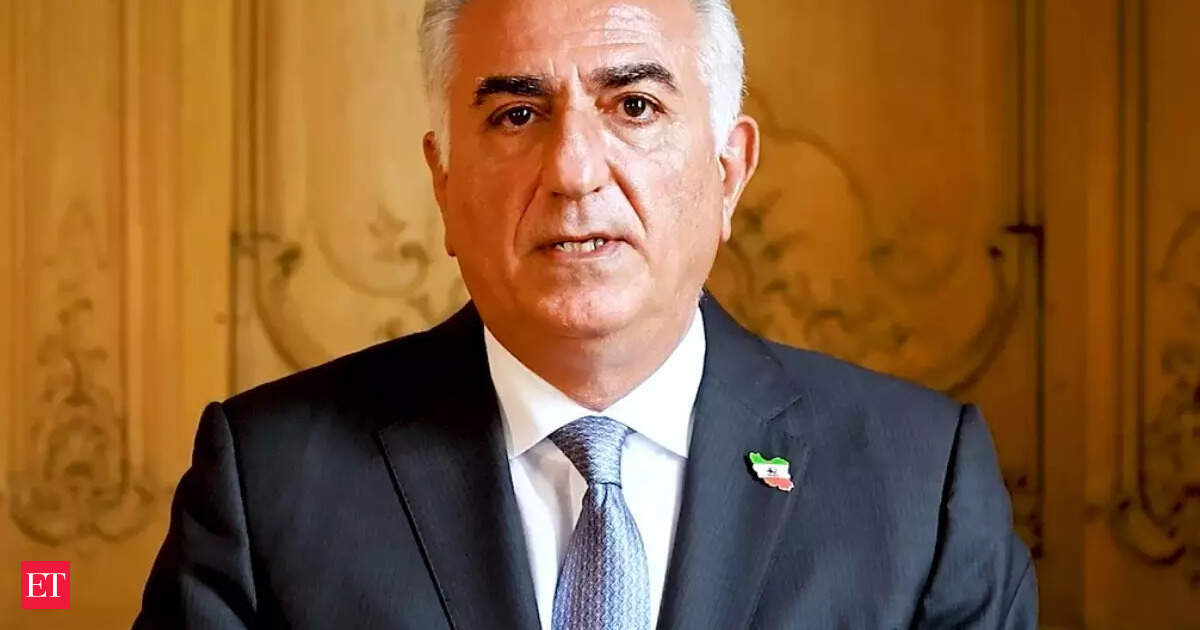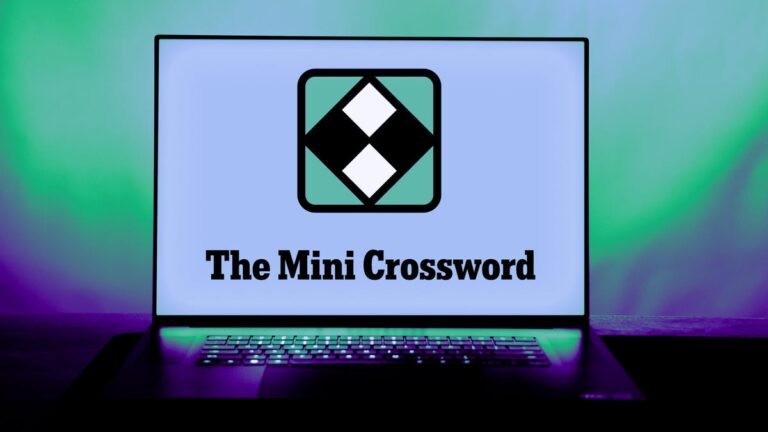Exiled Iranian Crown Prince Reza Pahlavi Declares Islamic Republic’s Collapse ‘Irreversible’ in Emotional Plea
As War Rages: Reza Pahlavi Calls for Iranians to Reclaim Their Nation
As tensions escalate between Iran and Israel, the exiled Iranian crown prince, Reza Pahlavi, has made a powerful call to action for his compatriots. In a video message posted on social media platform X (formerly Twitter), Pahlavi declared that the collapse of the Islamic Republic is “irreversible” and urged Iranians to rise up and “reclaim Iran.” This statement has occurred against the backdrop of increasing military actions and a complex geopolitical landscape, raising questions about the potential for regime change in Tehran.
A Dramatic Appeal for Change
In his message, Pahlavi states emphatically, “The Islamic Republic has come to its end and is collapsing. What has begun is irreversible. The future is bright, and together we will turn the page of history. Now is the time to stand up; the time to reclaim Iran. May I be with you soon.” This call comes at a pivotal moment when the Islamic Republic faces significant internal dissent, economic challenges, and external military threats from Israel.
Reza Pahlavi, the eldest son of Iran’s last monarch, Mohammad Reza Shah Pahlavi, fled Iran in 1978 at the age of 17, just before the Shah’s downfall and the subsequent establishment of clerical rule post-1979 Islamic Revolution. Over the years, he has emerged as a vocal critic of the Islamic regime and now leads the National Council of Iran, an opposition group based outside the country.
Geopolitical Context: A Region on Edge
The recent escalation in violence underscores how fragile the geopolitical climate has become. Just last week, Israel launched significant airstrikes against Iranian targets, expressing concerns over Iran’s advancing nuclear program. Iran, which asserts that its nuclear endeavors are peaceful and compliant with the Non-Proliferation Treaty, asserts that these attacks are unprovoked aggressions.
What complicates matters further is the growing speculation around U.S. and Israeli support for potential regime change in Iran. Some analysts argue that Pahlavi’s recent remarks might indicate a changing tide, making his role as a potential leader in a transitional government appear more realistic than it has in the last four decades.
The Legacy of the Pahlavi Dynasty: Historical Context
The fall of the Pahlavi dynasty was deeply rooted in growing unrest fueled by multiple factors:
-
Corruption and Economic Discontent: The inability of the monarchy to address corruption and economic inequality led to widespread dissatisfaction among various segments of society.
-
Westernization and Cultural Backlash: The Shah’s aggressive push for modernization and Westernization was met with resistance from those who felt it undermined Islamic values and traditions.
- Alienation of the Working Class: The sale of national resources to foreign interests eventually alienated the working class, contributing to the revolutionary fervor that swept Iran in 1979.
These historical grievances have not been forgotten and still resonate with many Iranians today as they seek to redefine their identity and governance system. Pahlavi’s recent statements aim to seize this moment of discontent and channel it towards a resurgence of monarchy as a potential alternative to the current regime.
Pahlavi’s Vision for a Post-Islamic Republic Iran
Reza Pahlavi envisions a future for Iran that emphasizes:
-
A Secular Democracy: Advocating for a government that is non-religious and democratic, protecting civil liberties.
-
Reintegration into the International Community: Pahlavi has often suggested that a new Iranian government must prioritize restoring relations with Western nations and international organizations.
-
Economic Modernization: His vision involves revamping Iran’s economy, ensuring it includes people’s voices and equitable distribution of resources.
- Empowerment of Civil Society: Pahlavi calls for a government that empowers citizens and reinstates civil rights, fostering a culture of participation and voices.
What Lies Ahead?
With Iran currently facing both internal pressure from its population and external pressure from military engagements, Reza Pahlavi’s call to action resonates at a critical juncture. Whether his message will galvanize Iranians remains to be seen, but the dynamic forces at play in the region are impossible to ignore. As calls for "reclaiming Iran" gain traction, the world watches closely to see how this internal and external conflict will unfold.
In conclusion, as the backdrop of conflict continues to cast shadows over the region, Pahlavi’s hopeful message stands as a beacon for many Iranians yearning for change. The potential for transformation looms large, but the question remains: Can history repeat itself, and will Iranians embrace a figure from the past to reclaim their future?





